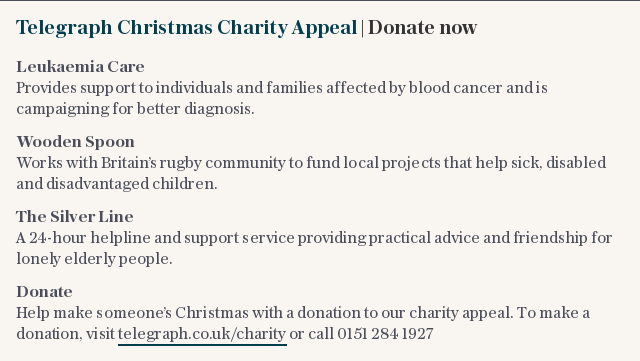'It's a secret crime' – Dame Esther Rantzen on the hidden abuse tearing older people's lives apart


Phyllis’s daughter cannot control her temper. Although Phyllis is in her 70s, this hasn’t stopped her thirtysomething child from slapping her and throwing her out into the garden. After it happened, Phyllis rang The Silver Line – and their call handlers transferred her to A&E.
Her story of abuse is just one of many the confidential helpline for older people hears on a regular basis. Another woman, Beverley, called to say her daughter had helped herself to all the money in her account. “It was about £2,000 and it’s all gone,” she said. “She took it in four or five payments.”
Margaret, a third caller, confided in The Silver Line that her husband’s aggressive behaviour was growing worse, while Arthur, a fourth, rang to say he was worried that he may have been tricked into signing his house over to his son.
Dame Esther Rantzen, founder of The Silver Line, says the scale of the physical, financial and other types of abuse directed at the elderly is difficult to quantify, “because we’re talking about secret crime”. But judging by the nature of the calls to the hotline, which she set up six years ago to bring companionship to the 1.2 million older people in Britain believed to be struggling with severe loneliness and chronic isolation – and which The Telegraph is supporting in its Christmas Charity Appeal this year – it isn’t a rare occurrence.
“If you look at the neglect aspect of it, it’s so widespread,” she says when we meet at her home in north London. “If you’d told me when we first started we would receive ten thousand calls a week, I wouldn’t have believed you. It’s a huge number, and a reflection of what has been called an epidemic of loneliness. And we do have to ask ourselves why it is that older people can end up so isolated that the only people they can talk to is an anonymous helpline.”

Often, the stories of abuse and neglect that Silver Line volunteers learn of on the phone involve family members – but not always. A caller called Caroline rang to say she was being abused in her care home. Staff had taken money from her purse and physically abused her, she reported. They took her mobile phone away from her every night.
Another woman, Geraldine, rang in a state of distress after being forced to sit in a chair in her care home, soiled, for nine hours while work was carried out in her room. She’d requested an assistant but was told she could not return to her room until the work had been completed. The Silver Line escalated this particular case to the Care Quality Commission (CQC), which regulates social care services.
Short of contacting the relevant authorities, what else can the charity’s dedicated call handlers do to help those who ring them to discuss abuse? “You start off by listening, because by listening you actually empower someone; you give them confidence,” says Dame Esther. “It has to be active listening, because obviously we only hear one side of the story, so we aren’t an investigative organisation. But we can advocate, we can contact people – social services, adult social care, the CQC. But we can’t go further than the caller wants us to.”
And sometimes callers are reluctant to escalate matters out of fear of jeopardising a relationship, be it with a family member or care home worker. “It’s a very difficult choice,” says Dame Esther. But one of the charity’s objectives is to protect and support older people who are suffering abuse and neglect, and staff at the charity, many of whom are volunteers, can always offer advice.

Dame Esther tells the story of a woman called Mary, who rang to say her daughter-in-law was regularly taking money from her purse each time she went shopping for her.
“We can give practical advice, like ‘You might put a little less money in your purse and see if that works’, and so on. But it is very difficult because you don’t want to put the older person at risk.
“There are a number of cases we talk to in which somebody’s partner is beginning to suffer from dementia, and sometimes one symptom of that is violence. People don’t want to report it sometimes because they fear they’ll be split up. But personal safety is important and you’ve got to be able to provide protective advice to someone even if they are terribly reluctant to ask for help.”
She has her own suggestions for how any of us might reach out to those we suspect of being victims of abuse. Unannounced visits in which you “just happen to be passing, with a cupcake or a geranium” is one idea. Regular phone calls to older people who are isolated are also a good way to help “people get used to talking, because people can get out of practice,” she says. “And sometimes you need to ask the question: how are you feeling today? Are you happy? Are things going alright? Don’t be shocked by anything.
“But reassure people: things can change.”
Names have been changed to protect callers’ confidentiality. The Silver Line is one of three charities supported by this year’s Telegraph Christmas Charity Appeal. To make a donation, visit telegraph.co.uk/charity, complete the coupon pictured right, or call 0151 284 1927


